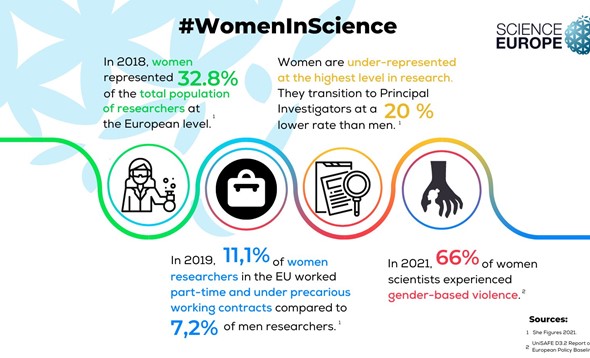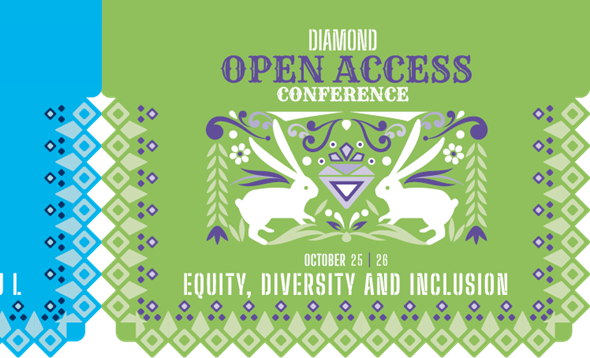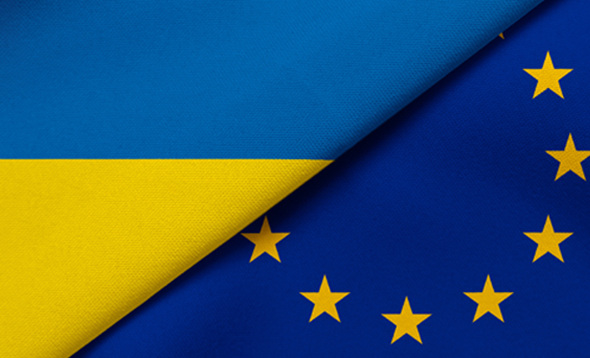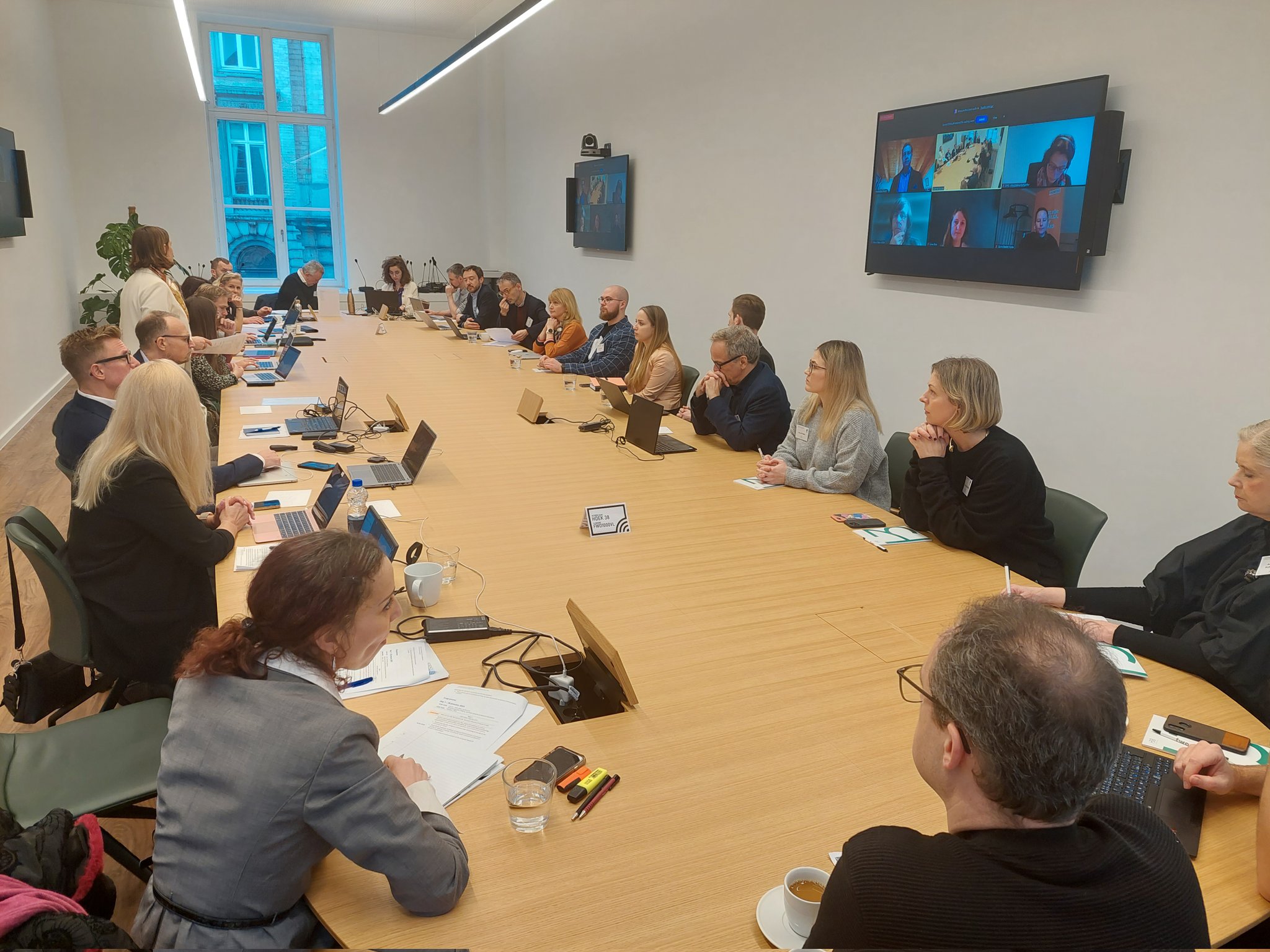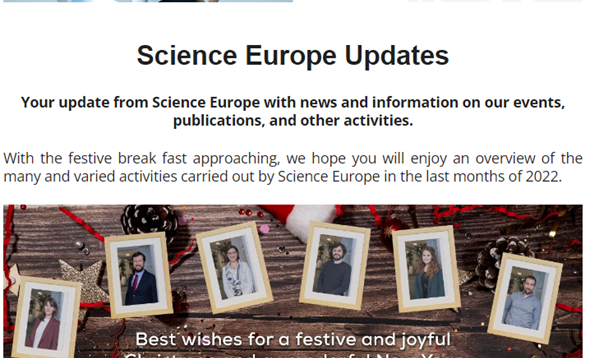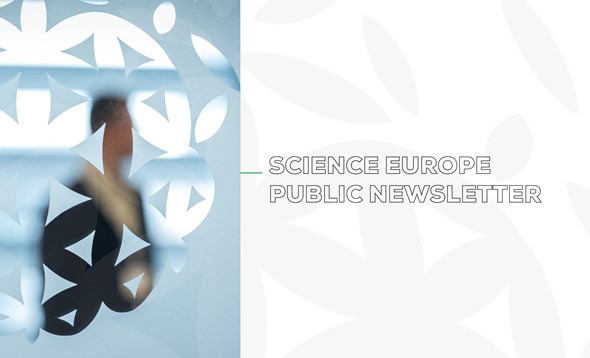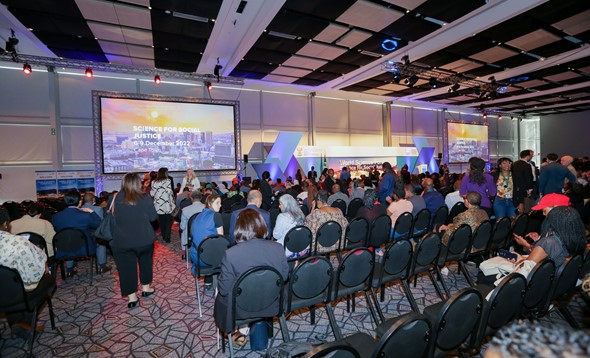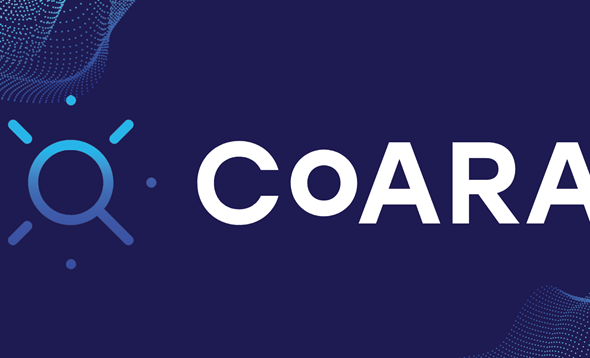Member-only content is available on this page. Please log in to view this content.

What's going on?
695 item(s) found
Second conference on the Ukraine crisis
The International Science Council (ISC) and All European Academies (ALLEA) invite you to attend their Second conference on the Ukraine crisis: One year into the Ukrainian war, exploring the impact on the science sector and supporting initiatives. The conference will take place virtually on 20-22 March 2023. Register here.
Empowering Women in Science
On the occasion of the 2023 International Day of Women and Girls in Science, and International Women's Day, Science Europe highlights the experiences of the women Chairs of its Working Groups.
R&D chief urged to focus on next Horizon
European Commission’s new research head Marc Lemaître faces pressure to prioritise the future R&D programme.
Mathematics as Driving Force for Reconstruction After the War: Creation of New International Centre for Mathematics in Ukraine
The International Centre for Mathematics in Ukraine (ICMU) will carry educational and outreach activities, and also will facilitate interaction of Ukrainian mathematicians with the global mathematical community.
The National Research Foundation of Ukraine: General Overview and Challenges at Wartime
The full-scale war on the territory of Ukraine did not only initiate a global humanitarian crisis, but also dealt a powerful blow on Ukrainian research system. For the National Research Foundation of Ukraine (NRFU), it was also a turning point.
CoARA Up and Running
The Coalition for Advancing Research Assessment (CoARA) is now up and running since its official launch on 1st December at the Constitutive Assembly meeting of the Coalition after a year for intense drafting and development where Science Europe played a central role in both the Drafting Team and Interim Secretariat.
Gearing up for Science Communication: First Workshop for Members
Science Europe organised a workshop on Science Communication for its members, attended by over 30 participants, on 26 and 27 January in Brussels.
Ukraine’s new mathematics centre gives hope for post-war future
The international centre has already attracted support from top mathematicians and politicians around Europe
Vacancy for Senior Policy Officer
Science Europe is looking for a Senior Policy Officer to join its team in Brussels. The Policy Officer will focus on EU Framework Programmes on Research & Innovation, and on Cross-border and International Research Collaboration.
Guessing game: predictions for European research in 2023
The issues the research world will grapple with in 2023
Science Europe Updates December 2022 is out!
As 2022 is drawing to a close, we have prepared an overview of the many and varied activities carried out by Science Europe in the last six months of the year - a perfect reading wherever you may be enjoying the winter break.
Science Europe Public Newsletter: December 2022
The latest updates from Science Europe with news and information on our events, publications, and other activities.
10th World Science Forum Discusses Science for Social Justice and Adopts Top Declaration
The 10th World Science Forum (WSF) took place at the International Convention Center in Cape Town, South Africa, 5–9 December 2022. The WSF is a forum that addresses the social, economic relevance, influence and responsibilities of science, and the 2022 edition addressed the issue of “Science for Social Justice”. The event was organised by the Hungarian Academy of Sciences (MTA), Member of Science Europe that recently re-joint our organisation, in cooperation with UNESCO, the International Science Council (ISC), the American Association for the Advancement of Science (AAAS), The World Academy of Sciences (TWAS), the European Academies Science Advisory Council (EASAC) and the InterAcademy Partnership (IAP).
2023 European Meeting of the Global Research Council
Every year, autumn is the period where participants of the Global Research Council (GRC) meet at regional level to prepare the world-wide discussion that takes place the following spring.
CoARA officially launched!
The Constitutive Assembly of the Coalition for Advancing Research Assessment (CoARA) took place on 1 December 2022. The official launch brought together the organisations that had signed the Agreement for Reforming Research Assessment by 17 November and confirmed their membership in the coalition.
Report of the 2022 High Level Workshop on ERA: Research Ethics and Integrity in the Context of Public Engagement
The 2022 High Level Workshop on the ERA dealt with the topic of research ethics and integrity when engaging with various public audiences.
‘Challenging time ahead’ for assessment reform coalition
The Coalition for Advancing Research Assessment, launched on 1 December, must maintain its initial momentum and expand its global reach, while trying to keep its hundreds of members engaged, said Karen Stroobants.





